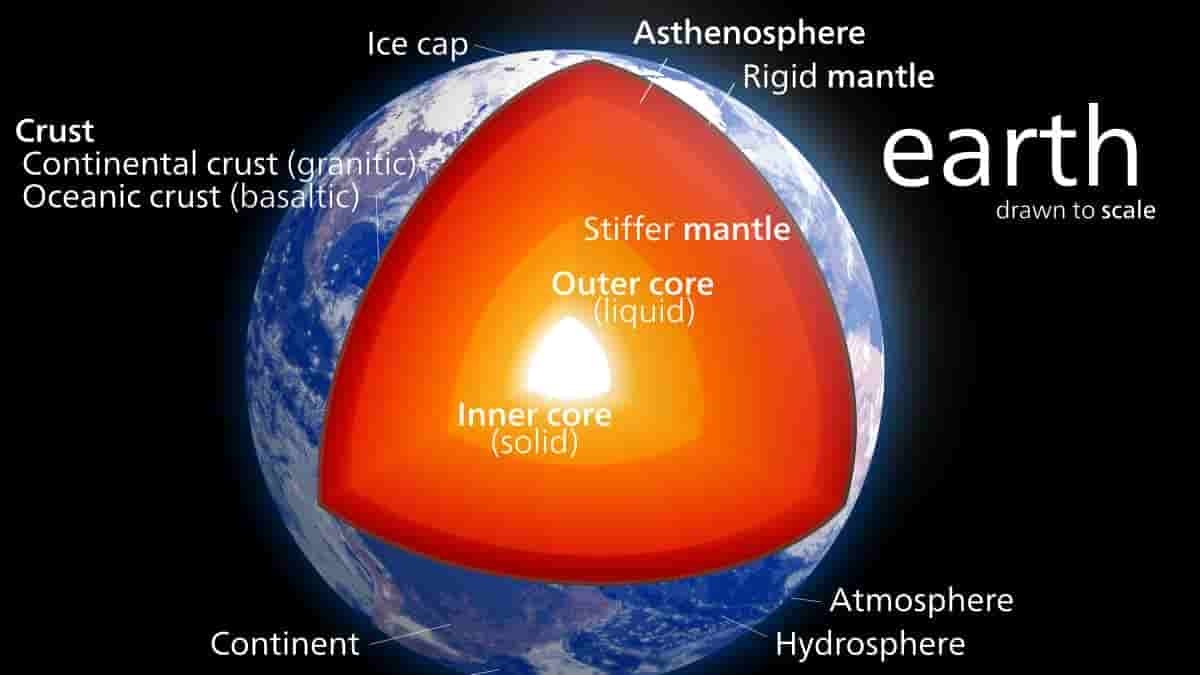Is Earth’s rocky middle layer a diamond producing region? Find your answer here

The transition zone between the mantle, the planet’s rocky middle layer, and the molten metal core may be a diamond-producing region. According to a recent laboratory experiment, the elements iron, carbon, and water—all potential components found near the core-mantle boundary—can combine to make diamonds when subjected to high temperatures and pressures. If this process also takes place deep into the Earth, it might be able to explain the mantle’s abnormalities, such as why it contains more carbon than is normal.
The discoveries may also provide light on mysterious structures located deep at the core-mantle border, where earthquake waves demonstrate significant slowing. These areas often referred to as “ultra-low velocity zones,” might be just a few miles broad or hundreds of miles across and are linked to odd mantle structures, such as two enormous blobs under Africa and the Pacific Ocean. Nobody is certain of their exact nature. Some experts believe they are made of components from the very early Earth and are 4.5 billion years old. But according to a recent study, some of these zones may have developed as a result of plate tectonics(opens in new tab), which began perhaps 3 billion years after Earth’s origin.

